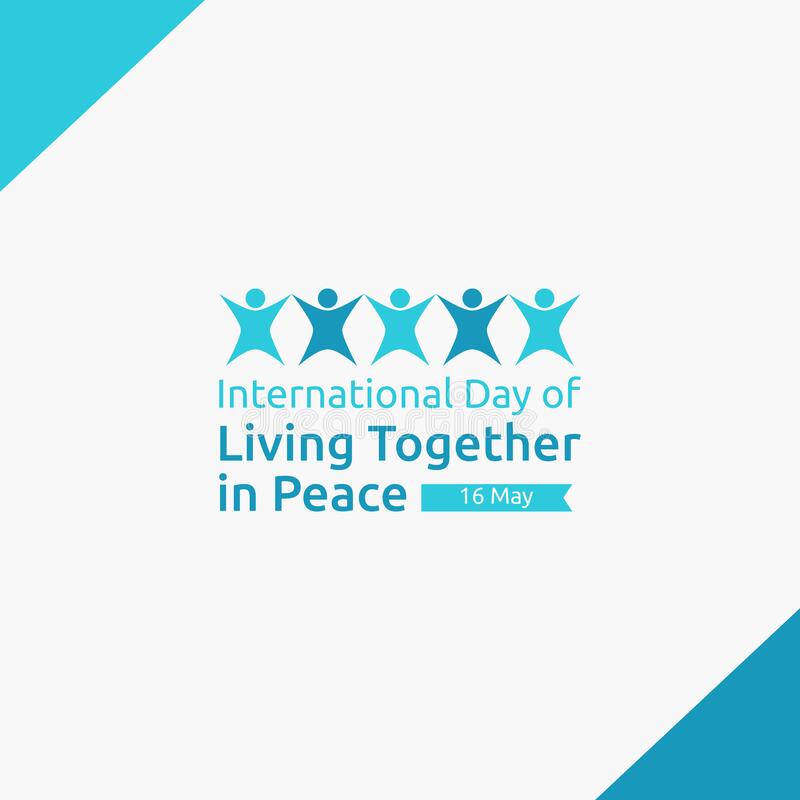The gravest issue challenging the peace, development and stability of Nigeria is intolerance. As a religious, ethnic, social and politically diverse nation, we are yet to accept, respect and embrace our differences. Differences that should make us strong and unique.
The International Day of Living Together in Peace is marked on May 16, every year.
It is a culmination of efforts to engender unity in differences and diversity. The UN General-Assembly, by its resolution 72/130, declared May 16 to be observed as International Day of Living Together in Peace to promote inclusion, tolerance, solidarity and peace. Amongst the diverse communities of people.
Around the world, people are of different races, genders, nationalities, classes, colors, and present different abilities or disabilities.
In Nigeria, where tensions have continued to rise across the country arising from activities of terrorist elements such as Boko Haram, bandits, kidnappers and sectional agitations in the Southern parts of Nigeria, this day is a rallying call for the unification and healing that the country desperately needs.
Even more worrisome is the recent sad extra-judicial killing in Sokoto of Deborah Samuel over allegations of blasphemy. It is sad that despite years of living together as a nation, the fault lines that have existed since immediately post-amalgamation remain visible and more accentuated than ever.
On this auspicious day, as we mourn those who are dead, kidnapped or in distress, we call on all Nigerians to embrace the culture of peace, mutual respect and above all, love for one another.
We also call on all religious leaders and traditional rulers, to take liberty of the opportunity the recent unfortunate incidence in Sokoto presents, to speak out to their adherents and followers on the need for peaceful co-existence and to avoid taking the law into their hands under any guise whatsoever.
Finally, we call on political leaders, whose specialty is to capitalize on the fault lines for their selfish agenda to desist henceforth, as the fire they are stoking may eventually consume them, as we have seen in the past decade with the example of Boko Haram. Politicians must also note that a large crop of Nigerians are beginning to identify dishonest ones and will eventually call them to account.
Finally, the Federal Government of Nigeria must give more attention to civic education at primary and secondary school levels with a view to changing the orientation of Nigerian people from their most impressionable ages.
By ‘Deji Ajare Executive Director, Sterling Law Centre.

